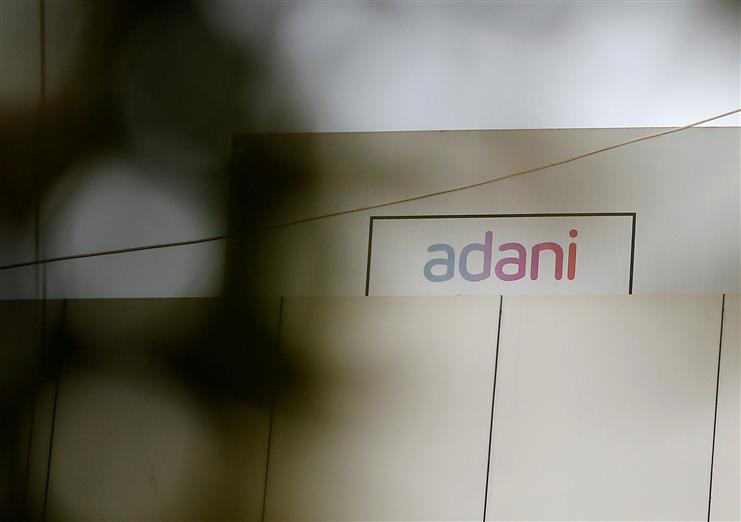:format(jpeg)/cloudfront-us-east-1.images.arcpublishing.com/tgam/BYMNPG2WXZGZLLEOF2C62YVJ4A.JPG)
Shoppers at the Toronto Eaton Centre are seen in this file photo. Statistics Canada says GDP grew by 0.1 per cent November. The agency is forecasting flat growth for December.Fred Lum/the Globe and Mail
The Canadian economy is slowing quickly as the Bank of Canada hikes interest rates to tamp down excessive inflation, the prelude to a potential recession this year.
Real gross domestic product rose 0.1 per cent in November, according to figures published Tuesday by Statistics Canada, with a preliminary estimate showing little change in December. All told, the economy grew at an annualized rate of 1.6 per cent in the fourth quarter, based on that estimate, which will be updated near the end of February.
Despite the slowdown, the economy is showing resilience as it faces mounting headwinds. Growth in the final months of 2022 was stronger than what the Bank of Canada and several financial analysts had predicted. Notably, employers continued to hire workers in droves, which kept the unemployment rate near an all-time low.
Separately, the International Monetary Fund delivered a hopeful message on Tuesday, projecting the global economy would grow by 2.9 per cent in 2023, an upward revision from its previous estimate of 2.7 per cent. The IMF said its outlook was “less gloomy” than in October, citing “surprisingly resilient” demand in the U.S. and Europe, along with China’s reopening from strict COVID-19 measures. Global growth should accelerate next year, the IMF said.
In the interim, countries such as Canada are experiencing a loss of momentum. The Canadian economy grew at annualized rates of 3.2 per cent in the second quarter and 2.9 per cent in the third quarter, before its slide to an estimated 1.6 per cent in the final three months of 2022. That trend of slowing growth should continue.
The Bank of Canada expects the economy to stall during the first half of 2023. It has not ruled out a mild recession, an outcome that many analysts on Bay Street are expecting.
“It’s just as likely that we’ll have two or three quarters of slightly negative growth as slightly positive growth,” Bank of Canada Tiff Macklem said at a press conference last week. “So yes, it could be a mild recession. It’s not a major contraction.”
In November, 14 of 20 industrial sectors managed to post growth. Transportation and warehousing rose 1 per cent for the month, boosted by a 4.6-per-cent surge for air transportation. The finance and insurance sector jumped by 0.5 per cent, following three consecutive monthly declines. The public sector expanded by 0.3 per cent.
At the same time, there was contraction in rate-sensitive industries. Construction fell 0.7 per cent in November as residential building and repairs hit a weak spot.
Retailers fared poorly in November as the industry dropped 0.6 per cent. The declines were particularly large at stores selling food, building materials and general merchandise.
Restaurants and bars also had a rough month, posting a 2.9-per-cent contraction.
“While the Canadian economy hasn’t cooled as quickly as we (and others) previously expected given the rapid rise in interest rates, there are growing signs of fragility,” Andrew Grantham, senior economist at CIBC Capital Markets, said in a note to clients.
He added: “The recovery in many services has slowed even with activity still well below pre-pandemic levels, and a dip in restaurant activity could be an early sign of consumers changing their behaviour in the face of inflationary pressures and rising interest rates.”
The Bank of Canada has raised interest rates at the fastest pace in a generation, taking its benchmark rate to 4.5 per cent from a pandemic low of 0.25 per cent in March, 2022. The central bank is intentionally trying to slow the economy and bring supply and demand into better balance to quell soaring rates of consumer price growth.
On that front, there has been recent progress. The annual rate of inflation has slowed to 6.3 per cent in December from a near four-decade high of 8.1 per cent in June. The central bank’s target is 2 per cent.
“Six-per-cent inflation is still way too high. Canadians are still feeling the pain of rapid increases in the cost of living,” Mr. Macklem said last week. “Economic developments have reinforced our confidence [that] inflation is coming down. But it’s going to take us a while to get there and the economy is going to be soft.”
Following last week’s rate hike, the Bank of Canada is tentatively holding its benchmark rate at 4.5 per cent to assess whether its policies are restrictive enough to bring inflation back to target. It can take months, or even longer, for the full effects of higher interest rates to be felt. The bank cautioned that it would raise rates again if needed.
While growth could be sluggish to start the year, the Bank of Canada projects real GDP to expand 1 per cent in 2023. The IMF is projecting Canadian growth of 1.5 per cent, about the same as the United States.
With a report from Reuters
https://news.google.com/__i/rss/rd/articles/CBMiWGh0dHBzOi8vd3d3LnRoZWdsb2JlYW5kbWFpbC5jb20vYnVzaW5lc3MvZWNvbm9teS9hcnRpY2xlLXN0YXRpc3RpY3MtY2FuYWRhLW5vdmVtYmVyLWdkcC_SAQA?oc=5
2023-01-31 15:09:38Z
1748150762
/cloudfront-us-east-1.images.arcpublishing.com/tgam/62JS7ND2KFMJ3FGDJDEGRG7DQI.JPG)



/cloudfront-us-east-2.images.arcpublishing.com/reuters/PYGRCLZUMJIP7JY5GSHAMLOKYU.jpg)




